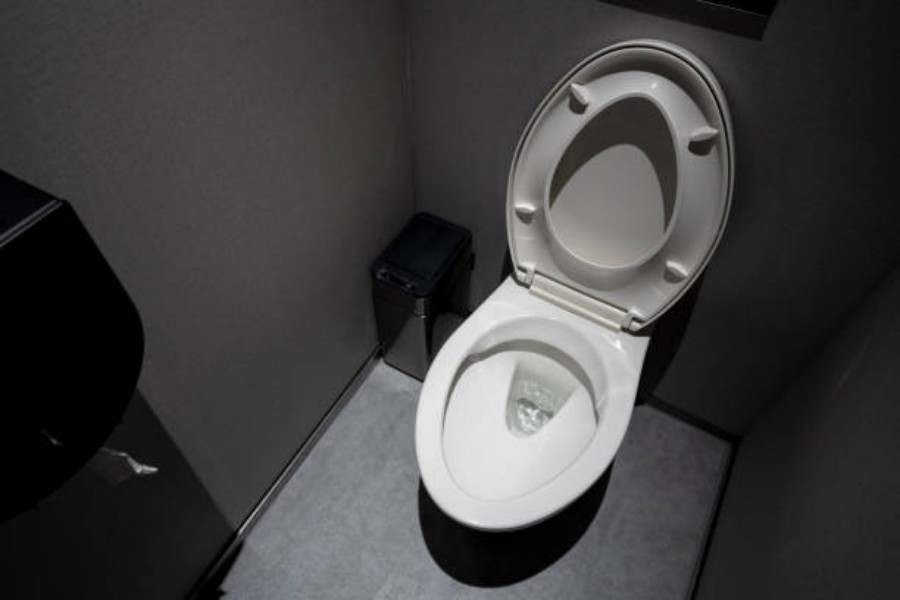Why are smart toilets so expensive?? Facts and Reasons Explained
Today, smart toilets are a booming market. They offer luxurious features and advanced technology that ensures a comfortable and hygienic bathroom experience. However, their high price tags can be daunting for some consumers. Why are smart toilets so expensive? Here's everything you need to know about the reasons and facts behind their high cost.
The Price of Advanced Features
Smart toilets come equipped with a range of advanced features, including automatic flushing, built-in bidets, heated seats, and even music players. These cutting-edge features come at a higher price than traditional toilets, and that's one of the major reasons why smart toilets are so expensive.
High-End Materials
Smart toilets are also made with high-quality materials, such as ceramic, stainless steel, and polished chrome, which are more durable and long-lasting than those used in traditional toilets.
Advanced Technology
The technology used in smart toilets is another major factor responsible for their high price tags. These sophisticated devices incorporate smart features like motion sensors, programmable settings, and touchscreen controls, which require expensive hardware and software components.
Research and Development Costs
The development of smart toilets requires significant research and development costs that are ultimately added to the toilet's final price. Smart toilet manufacturers must create designs, prototype, test, and refine their products until they meet the high standards of quality and safety required by consumers.
Fewer Production Runs
Smart toilets are less popular than traditional toilets, which means that they're not mass-produced. Instead, they're made in smaller batches, which increases the cost of production per toilet.
Installation and Maintenance Costs
Smart toilets require professionals for proper installation, which adds to their cost. Moreover, they need regular maintenance and cleaning to work correctly, driving up the overall cost of ownership.
Brand Reputation
Smart toilets are often marketed by high-end brands who have established a reputation for luxury and quality. Consumers pay a premium for that reputation and prestige, making these smart toilets more expensive.
Regulations and Certification Costs
Smart toilets need to comply with various regulations and safety certifications, which entail additional testing and inspection costs. This process adds more expense to the manufacturing, development, and distribution costs, which is why smart toilets are expensive.
Supply Chain and Transportation Costs
Manufacturing smart toilets requires a complex supply chain involving various vendors and transportation systems. These logistical processes result in higher costs, which are passed on to consumers in the final price of the product.
Market Demand and Limited Competition
Smart toilets have limited competition, and their demand is higher than supply. As a result, manufacturers can price smart toilets at a premium to capitalize on their popularity and lack of alternatives in the market.

